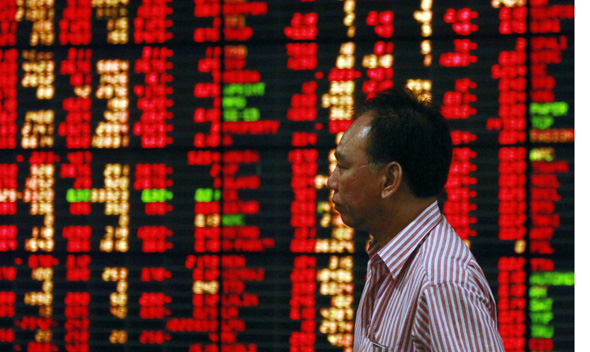Thailand’s Economy Survives it All
More on:

A notable new entry on New Mandala points to the latest World Bank report on Thailand. In this announcement, the Bank upgrades Thailand’s economy from lower middle income to upper middle income, which is defined by average incomes of $3976 to $12275.
The fact that Thailand’s economy has grown strongly for nearly a decade and poverty has been reduced, as New Mandala notes, clearly helps to account for the growing political awareness of the rural population, which has resulted in continued support for the various populist, pro-Thaksin parties. But it is also simply amazing that, despite the political meltdown of the past five years, and the bloody standoff in Bangkok last spring, Thailand has maintained its economic momentum. In fact, despite last year’s violence, Thailand’s economy grew by over seven percent in 2010.
This resiliency is testament to the country’s ongoing strengths, even in the face of political chaos: A business-friendly tax regime, hospitality and services beloved by foreigners, a low-wage platform for manufacturing, and generally pro-investment governments. Thailand, in other words, has a reputation (based in some reality) that helps it glide through even the worst of its political problems.
However that reputation has also allowed successive Thai governments to avoid hard economic decisions, most notably about how to upgrade the country’s workforce. Thailand’s educational system is horrific, and this lack of quality education is preventing the country’s economy from rising up the value-added ladder. Eventually, it will have to do so, as even low wages and a business-friendly environment will not be enough of a competitive edge. Yet neither Thaksin nor successive Democrat governments took serious steps to address Thailand’s skill deficit. New Prime Minister Yingluck Shinawatra also does not seem to understand the depth of Thailand’s educational deficit, and how this deficit -- even more than its political strife -- could put an end to Thailand’s long run of economic good luck. Yingluck has appointed Worawat Ua-apinyakul as education minister in her new cabinet, an MP who has neither the credentials nor the national respect to lead a meaningful overhaul of Thailand’s education system or of the ministry itself.
More on:
 Online Store
Online Store
